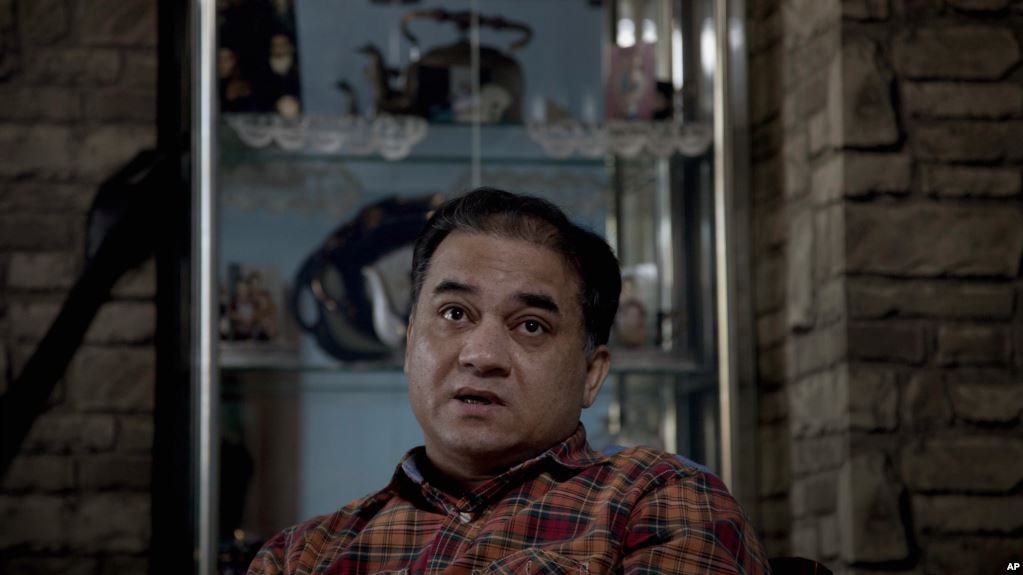PRESS RELEASE: World Uyghur Congress Calls For Release of Ilham Tohti Four Years After Life Sentence

Press Release – For immediate release
23 September 2018
Contact: World Uyghur Congress www.uyghurcongress.org
0049 (0) 89 5432 1999 or [email protected]

On the fourth anniversary of the sentencing of Uyghur economist Ilham Tohti to life in prison, the World Uyghur Congress calls for renewed attention to the case of imprisoned scholars, writers, bloggers and artists in China in 2018.
Much of the coverage of Uyghurs over the last year has focused squarely on the rise of the internment camp system that has operated in the region for nearly two years, holding over one million Uyghurs and other Muslim groups extra-judicially. Greater attention must be paid to the countless Uyghurs and others who were imprisoned for their constructive expression well before any were interned in political indoctrination camps.
Professor Tohti was given a life sentence back in September 2014 on fabricated charges following a two-day trial. For his work, Tohti was initially arrested in January 2014 and was subsequently convicted of “inciting separatism” and sentenced to life in prison in a trial that was described as “a farce” by the PEN American Center. Amnesty International called the sentence “deplorable” with “no basis in reality” with Human Rights Watch stating that his trial amounted to “an injustice of the highest order.” Tohti’s appeal was subsequently denied in November 2014.
Despite the charges of separatism, Tohti has been known as a particularly mild critic of the Chinese government, openly speaking of the need for genuine dialogue and an open platform supportive of discourse on the problems facing both Chinese and Uyghur citizens as well as a means of addressing stereotypes and misconceptions.
As with other critical voices in China, although the trial was conducted with partial transparency, the entire case against the academic was marred by irregularities. Tohti was denial of access to legal representation for months after his arrest and his lawyers, Li Fangping and Liu Xiaoyuan, also cited numerous procedural errors following the trial including the prosecutor’s failure to provide complete evidence for the defense team to review and the refusal of the Court to call any of the witnesses Tohti’s lawyers had requested to testify at his trial.
The lack of a substantive response to cases like Ilham Tohti’s for years has only emboldened China and allowed authorities to ramp up repression without a real fear of a coordinated response from states.
Although much of the international community is now aware of the internment camp system, it is crucial that we remember that persecution of the Uyghur population can be traced back decades that laid much of the foundation for what we see today.

